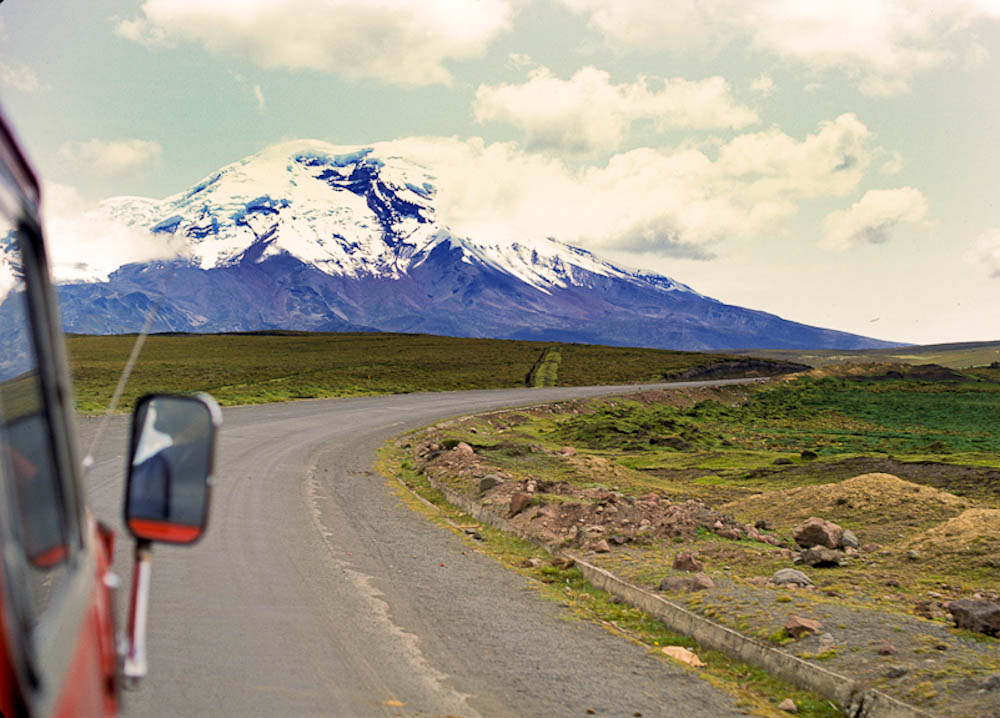 One of the most common questions asked about skin cancer risk, particularly by those who ski or hike, is whether altitude can increase the chance of developing skin cancer, specifically melanoma. We spoke with Jennifer Lin, MD, a dermatologist in Dana-Farber’s Melanoma Treatment Center, to learn more.
One of the most common questions asked about skin cancer risk, particularly by those who ski or hike, is whether altitude can increase the chance of developing skin cancer, specifically melanoma. We spoke with Jennifer Lin, MD, a dermatologist in Dana-Farber’s Melanoma Treatment Center, to learn more.
Elevation does affect the risk of skin cancer because the higher the elevation, the more sunlight – including ultraviolet radiation that can cause skin cancer – reaches the ground, Lin says. Technically, the higher you are, the closer you are to the sun, with fewer protective layers of atmosphere above you. Colorado, for instance, has one of the highest melanoma rates in the country, likely due to its elevation.
Ultimately, the UV index – a measure of the strength of ultraviolet radiation from the sun – is the most important number to go by, not elevation. There are handy apps that predict the UV index at a particular place and time of day and year, such as the EPA’s SunWise app.
Being at a low elevation does not necessarily make you any safer, Lin says. Other factors such as where you are by latitude and time of the year will also affect the UV index. Remember, UV is a carcinogen – the less you get of it, the better.

It was said that being at high altitude gives a higher risk of skin cancer because you are closer to the sun. Two miles closer out of 93 million miles makes no difference. The entire difference is the thinner atmosphere.